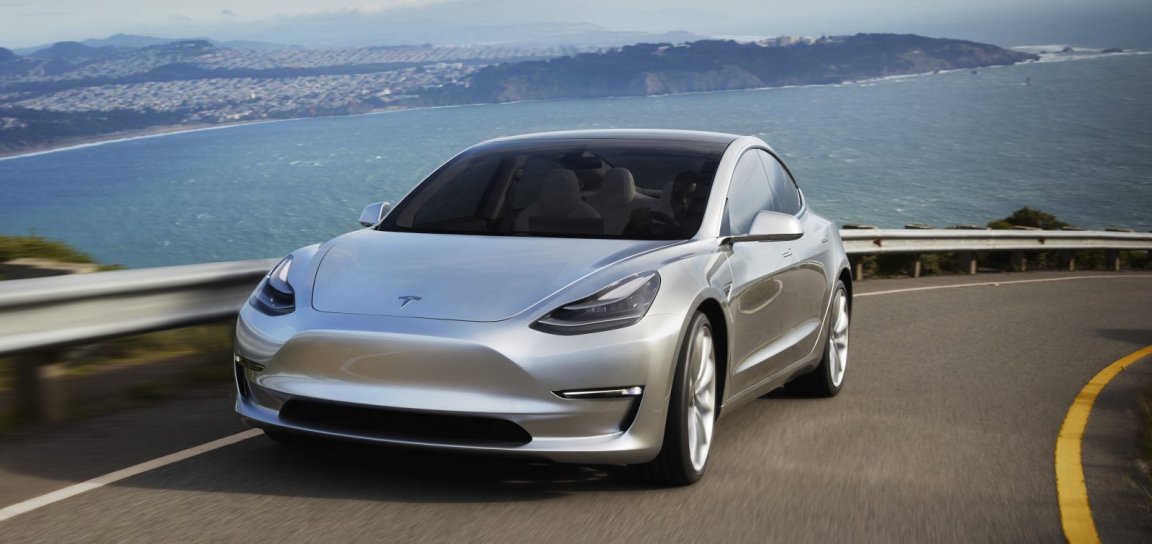
Musk’s Prophecies
A few days ago we saw the keys to the first 30 Tesla Model 3 vehicles — the car billed as the future of transport — handed over to consumers at a swanky event. The last few years have been momentous ones for Musk’s vehicular aspirations: he has galvanized other car companies into going electric, his cars are breaking records, and he has overtaken industry giants like Ford in market value.

But, behind the grand designs, consumer interest, and seductive new cars is a real world question of how to reify his zero-emission transport dreams. Writing in the MIT technology review, James Temple has given a three part argument discussing Musk’s recent prediction that “in 10 years, more than a half of new vehicle production is electric in the United States.”
An Awful Lot of Batteries
Temple’s first is an argument of scale. According to Bloomberg New Energy Finance estimates, if half the vehicle demand in 2027 is for electric vehicles, this would come to around 9.1 million vehicles in America alone. In order to supply this demand, 546 gigawatt-hours’ worth of battery packs would have to be created annually if every vehicle ran on the 60 kilowatt-hour lithium-ion battery packs that the Model 3 uses.
The final and maximum capacity of the gigafatory will be 150 gigawatt-hours, meaning that four will have to made to meet demand. Given that the first one took six years to construct, the idea that four more will be created in the next decade is ludicrously optimistic.
A Matter of Taste
Second, Temple argues that the introduction of electric cars will be hampered by consumer tastes and the simple economics of supply and demand. Jeremy Michalek, director of the Vehicle Electrification Group at Carnegie Mellon University, explained incisively to MIT that electric vehicles are “more expensive, they don’t drive as far, and it takes time to recharge.” Although the electric car has enthusiasts, “for mainstream consumers it’s still just an inferior product.”

While estimates vary, Bloomberg New Energy Finance predicts that it won’t be until 2025 that electric vehicles achieve price and quality parity, which will provide a practical and economic reason for people to buy them rather than the current ideological one. Given that this is eight years away, and not everyone will want a new car at this point, Musk’s prediction of a decade again seems highly optimistic.
Polluting to Go Green
Finally, Temple picks up on the irony embedded in the introduction of electric vehicles — that they require emission-belching machines to introduce. Electric cars are often billed as better for the environment, but in order for them to be adopted, charging stations need to be a lot more common. Because there are no electric construction vehicles yet, creating the infrastructure is, in part, counterintuitive to the eventual aim.
